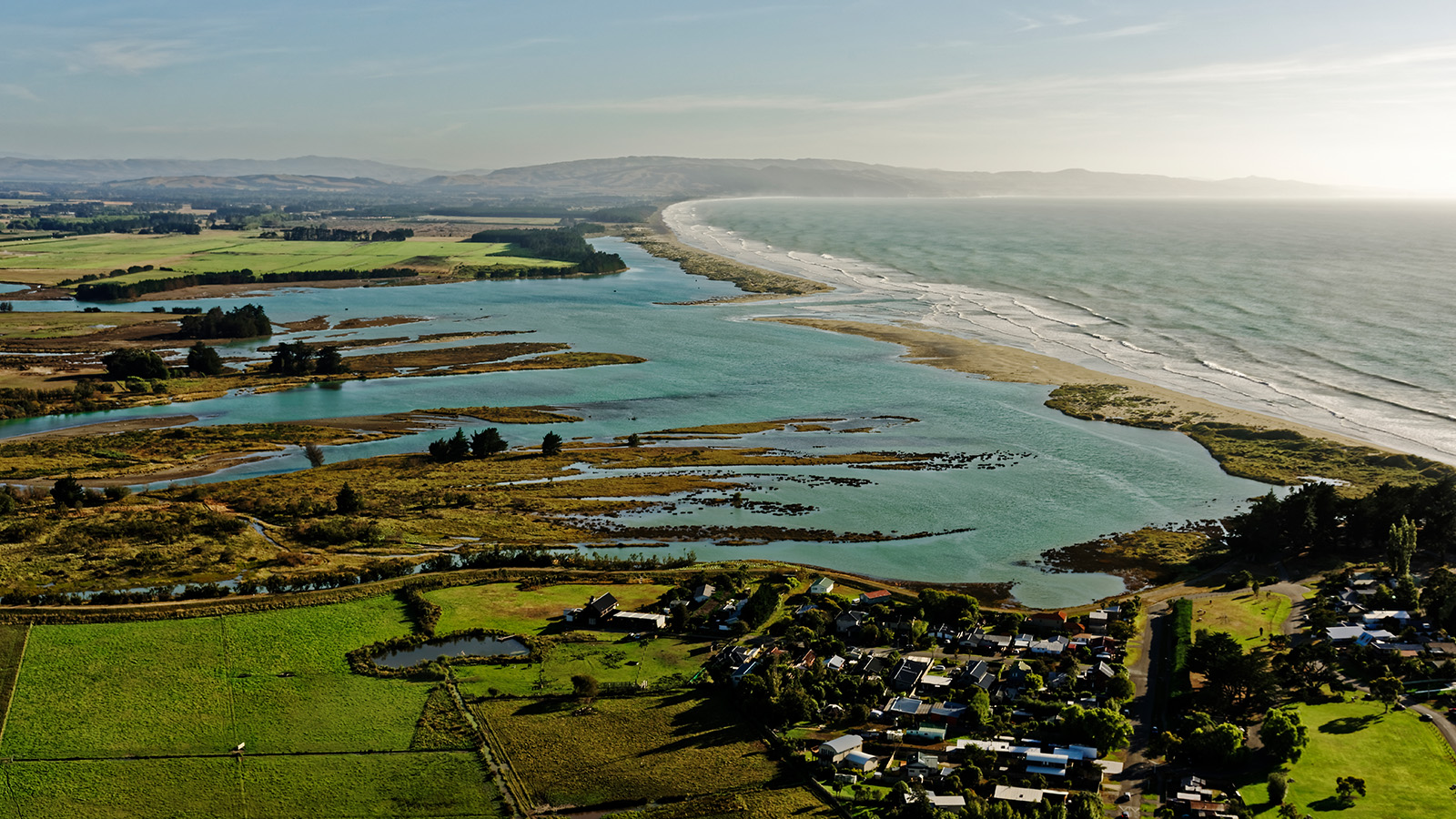The Northern Pegasus Bay Bylaw (NPBB) 2024 was adopted by Council at its October meeting.

This marks the end of an 18-month consultation and amendment process.
The main changes to the Northern Pegasus Bay Bylaw include:
- Open air fires are prohibited within the bylaw area. Exemptions may be granted with prior written approval from the Waimakariri District Council.
- All dogs shall be on a leash on the seaward facing spit adjacent to the estuary area to the low tide mark north of the Waikuku northern car park and south of the Ashley/Rakahuri River Mouth.
- All dogs are prohibited from within the areas marked by surf lifesaving patrol flags and from an area extending 50 metres beyond the flags, in accordance with this bylaw and the Dog Control Bylaw 2019. Access through the prohibited area is permitted only where the dog is on a short leash and under effective control, and the person and dog are passing directly through the area.
At the meeting on Tuesday Cr. Al Blackie moved the Council report recommending that the bylaw to be adopted.
Cr. Blackie, who chaired the hearings panel for the NPBB, acknowledged the bylaw amendments are based on community feedback.
“Having dogs allowed on the leash at the spit was a compromise to banning the dogs from the spit altogether.
“It will be an adjustment for some people, but we also needed to take into account any potential impact to fauna, flora and wildlife, as well an enabling people to enjoy this beautiful area.”
This was supported by Cr. Phillip Redmond who was also on the hearing panel.
The Bylaw was first adopted in 2010 and as part of legal requirements it needed to be reviewed every five years.
This was done in 2023 with small administrative changes made. It was adopted by council but with a plan that it would undergo a thorough review at the end of 2023 – 2024.
Staff reported on the Bylaw to Council in November 2023 just prior to going for consultation and a hearing panel was established consisting of Cr. Al Backie, Cr. Phillip Redmond, Cr. Jason Goldsworthy, and Shona Powell and Tim Bartle from the Woodend-Sefton and Kaiapoi-Tuahiwi community boards.
The initial consultation asked for feedback on the current bylaw and that consultation ran simultaneously with a beach users survey. These provided valuable information on what people use the beach and estuary for and what they value most about these areas.
Based on feedback, staff proposed amendments to the bylaw and went out for consultation again in May 2024.
The Hearing Panel participated in both rounds of consultation, initially providing direction to staff on proposed changes for the Bylaw and then final amendments to the Bylaw that were reported for decision on Tuesday.
Mayor Dan Gordon thanked the panel and staff for their work and acknowledged the progress made from when he was on the hearing panel for the first Northern Pegasus Bay Bylaw in 2010.
“We have continued to make subtle and incremental changes to the bylaw and in doing so we have allowed those affected to have their say while ensuring this area is looked after for future generations. We have made improvements and that has been crucial in this process.”
During the consultation process the Hearing Panel made several observations including:
- The Panel acknowledged that many of the submitters are guardians of the beaches that seek to uphold the values and enjoyment of the area
- The importance of birdlife in the Ashley / Rakahuri Estuary. Although submitters often advocated different views on the bylaw and proposed changes, there was general support and acknowledgement of the estuary’s ecological and environmental importance
- Recognising there are multiple impacts on wildlife and bird disturbance in the estuary and surrounding areas – not just dogs
- Acknowledge the Bylaw attempts to manage a number of issues that would be better served by an Environment Canterbury Management Plan
- Request that Environment Canterbury give consideration to how the planning mechanisms can better recognise and protect the Ashley / Rakahuri Estuary
- Giving effect to the Bylaw is best served by proactive measures including education and signage. At one of the community meetings at Waikuku Beach there was an opportunity to highlight work underway to manage predators in the estuary area and seek more volunteers from the local community
- The Panel also acknowledge the importance of Bylaw enforcement but also the restraints. Central government is currently reviewing Bylaw enforcement which could potentially leading to some changes in the future
- Feedback from submitters suggested the new Implementation Plan for the Bylaw could consider technology-based solutions such as geo-fencing to support awareness
- Recognising the need for evidence to monitor issues and effectiveness in the Bylaw area.
